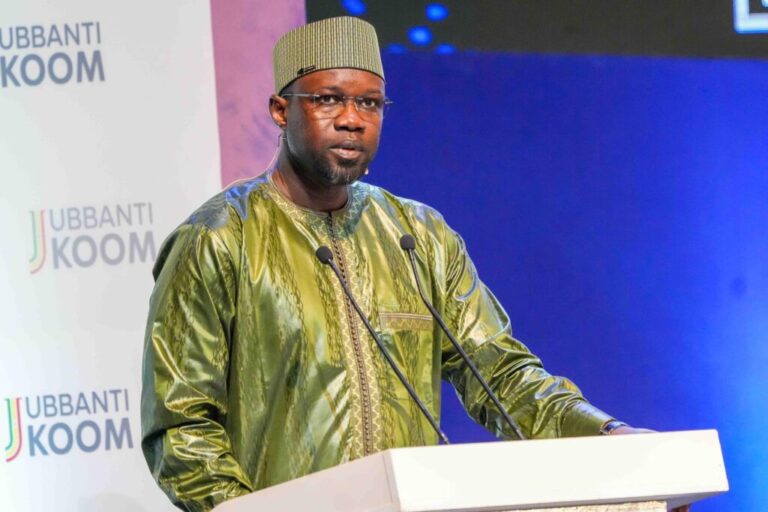
Senegalese Prime Minister Ousmane Sonko unveiled a bold economic and social recovery plan on August 1, 2025, focused on mobilizing domestic resources to stabilize public finances and stimulate national growth.
Central to the plan is the introduction of an electronic visa system aimed at modernizing border management and boosting government revenue.
Speaking at the Grand Théâtre National in Dakar, alongside President Bassirou Diomaye Faye, Sonko announced that the e-visa would apply to nationals from countries outside Africa, as well as African nations that require visas from Senegalese citizens, adhering to the principle of reciprocity.
The government expects this measure to generate an estimated 60 billion CFA francs in additional revenue between 2025 and 2028.
“This initiative is designed to streamline migration flows, ensure tax fairness, and optimize state income,” Sonko explained.
“The e-visa is a modern tool that not only secures revenues but also enhances border control through the digitalization of procedures.”
The electronic visa program forms a critical part of the broader Economic and Social Recovery Plan, which aims to consolidate the budget and advance economic sovereignty by reducing reliance on external financing.
Sonko emphasized that mobilizing endogenous resources is key to fostering sustainable development and reinforcing Senegal’s financial independence.
This move comes amid growing regional interest in digital transformation of immigration services, as countries seek to improve efficiency and transparency while tapping new sources of state revenue.
As Senegal embarks on this ambitious reform, the e-visa system could mark a turning point in how the country manages its borders and finances, potentially setting a precedent for innovative governance in West Africa.



